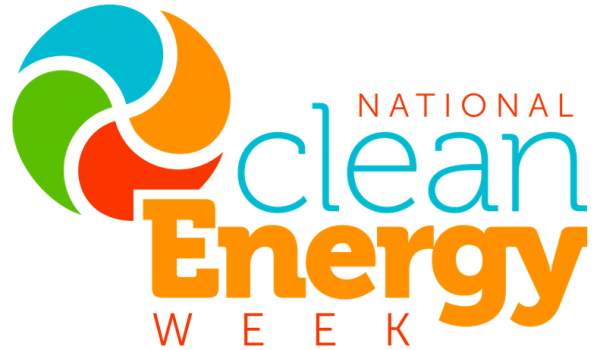Looking Ahead: Energy, Climate and Tax Policy in the 119th Congress
Celebrating National Clean Energy Week during a presidential election year meant looking ahead to the agenda for the next Congress and new Administration. Our panel discussion centered on energy, climate and tax policy for the 119th Congress, featured insights from Ryan Abraham (Ernst & Young), Emily Domenech (Boundary Stone Partners), Kellie Donnelly (Lot Sixteen) and Beth Viola (Holland & Knight) and was expertly moderated by Tanya Das (Bipartisan Policy Center).
Opening the panel with an overview of the Tax Cuts and Jobs Act (TCJA), Ryan Abraham detailed which provisions will expire in 2025 and provided an outlook for clean energy tax credits. “Is our clean energy policy still in play?” questioned Abraham. “Are there issues around the edges like expanding foreign entity of concern rules… and (which) raises some revenue?” Emily Domenech agreed there could be foreign entity of concern restrictions on IRA tax credits, noting this has already gained support from some Democrats.
Kelly Donnelly noted that the reconciliation process could be used to extend the TCJA, but said, “this process would put IRA provisions on the table as potential pay-fors.” However, she continued, “the situation is complicated by the fact that many Republican districts are now seeing economic benefits from IRA investments.”
Beth Viola shared that the clean energy sector is seeking the “three C’s” from the federal government: certainty, clarity and “cha-ching (money).” She noted that with billions in private sector investment matching government funding, industry leaders are seeking assurance about the future of tax credits. Viola also pointed to oversubscribed programs like 48C and industrial decarbonization funding as evidence of strong market demand. On permitting reform, she was certain: “If you truly care about trying to move to a low-carbon economy, we have got to get permitting reformed… we’ve never seen this kind of momentum around permitting in the past.”
Meanwhile, Emily Domenech outlined the three key priorities likely to shape energy policy discussions in the 119th Congress: permitting reform, competitiveness with China and the emerging influence of artificial intelligence. On permitting, she noted it “brings a huge range of stakeholders to the table and can be framed whether you care about reducing emissions, building clean energy or simply building the roads and bridges we need.” Particularly noteworthy is AI’s growing influence on energy policy, with Domenech noting that tech companies “suddenly care about nuclear and they care about fixing NEPA” to ensure they can build necessary infrastructure.
For the clean energy community, all the panelists emphasized the importance of continued engagement with Congress. Ryan Abraham highlighted the tangible impacts already coming to life saying, “We’re seeing tons of new investment, tons of job creation, and of course, that needs to be communicated to the Hill.” He particularly stressed the importance of highlighting these benefits in Republican districts, noting that while “Democrats are going to support this policy… talking in red states, red districts about the importance of these incentives is going to be important.”
The panel concluded that while partisan divisions remain, there are several promising areas for bipartisan cooperation including permitting reform, critical minerals development and AI infrastructure needs. They agreed: The key to success will be finding common ground on these issues while acknowledging the complex political and economic realities facing both parties.
Watch the full Panel here:
